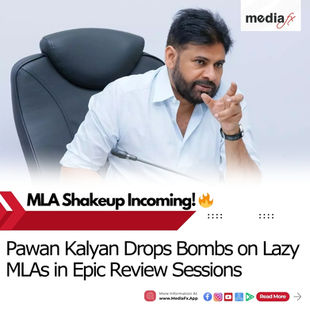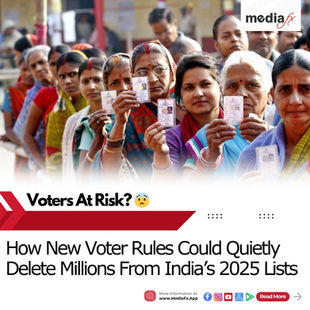AI vs. Copyright Law: Is India's 1957 Act Ready for the Future? 🤖📜
- MediaFx

- Feb 11, 2025
- 2 min read
TL;DR: India's Copyright Act of 1957 is facing challenges with the rise of AI technologies like OpenAI's ChatGPT. News agency ANI has sued OpenAI, alleging unauthorized use of its content for AI training. This case highlights the need to update India's copyright laws to address modern technological advancements.

Hey folks! So, there's this big buzz 🐝 about AI and copyright laws in India. Let's break it down in simple terms, shall we? 😎
What's the Fuss About?
Recently, ANI, a major news agency, filed a case against OpenAI, the creators of ChatGPT. ANI claims that OpenAI used their content without permission to train ChatGPT. They argue that ChatGPT's responses are similar to their articles but don't give them credit. OpenAI, on the other hand, says they only use "publicly available data."
Old Laws vs. New Tech
India's Copyright Act was made way back in 1957. Back then, no one imagined things like AI. The law mainly protects authors and creators, giving them exclusive rights over their work. But with AI, things get tricky. AI models need tons of data to learn, and some of that data might be copyrighted. So, is using this data without permission okay? That's the big question.
The Legal Tightrope
In India, copying someone's work without permission is a no-no. Even if an AI doesn't directly copy but learns from the data, it might still be a problem. The law does have some exceptions, like "fair use," but they're pretty specific and might not cover AI training. Other countries have updated their laws to handle this, but India hasn't yet.
What's Next?
This case could set a big precedent. If the court sides with ANI, AI companies might need to get licenses for the data they use, which could slow down innovation. But if OpenAI wins, it might hurt creators who spend a lot of time and money on their work. It's a tough balance between encouraging new tech and protecting creators' rights.
MediaFx's Take
At MediaFx, we believe in progress, but not at the expense of creators. It's essential to update our laws to ensure that while technology advances, the rights of workers and creators are protected. We need a system that promotes innovation but also ensures fair compensation for those whose work makes this innovation possible.
What do you think? Should AI companies be allowed to use any data they find online? Or should there be stricter rules to protect creators? Drop your thoughts in the comments! 🗨️👇













































